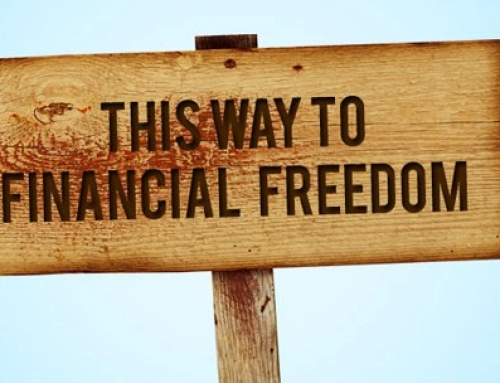Most people think estate planning is something you should think about when you enter the last stages of your life. The question is: is it? Is it not more important what happens to your assets during your lifetime?
When does estate planning become important?
Estate planning is important when you are alive and well; when you have a healthy mind and body and when you are in control of yourself and your assets.
It is also important in cases where, even though you are still alive, you may not have control over your assets, because some unfortunate and unforeseen event took place. Perhaps you were in an accident and now you are in a coma or have a mental/physical disability.
Lastly, estate planning is important when you pass away. A well-structured estate plan will go a long way to make sure that the grieving process of your family is not dragged out and that your estate gets settled in the most cost-effective way.
There are various options available when you are planning for your estate. Let’s discuss a few.
When you die and you have no documents, like a Last Will and Testament, in place, you die intestate. The Intestate Succession Act 81 of 1987 will determine where your assets go when you die. Without a Last Will and Testament, your spouse and children (who are dependent on you) will inherit your assets, subject to certain conditions. This is not an option we would normally recommend, but if you have a really small estate with only one or two heirs you can consider this option.
By having a Last Will and Testament, you can document all your wishes and give instruction as to where your assets must go, who must receive what portion of your assets and who will manage your affairs when you are no longer able to. The legal requirements of a Last Will and Testament is specific and you need the assistance of an attorney to make sure it gets drawn up correctly.
Together with this, you can make use of a beneficiary nomination. When you add someone as the beneficiary of a specific asset, like a Life Policy, it allows them to become the owner of the asset when you die. Currently they are not the owner of your asset, but when you die the ownership of the asset will pass on to the nominated beneficiary.
If you have a lot of different assets and beneficiaries who are minors or who has unique/special needs, you can consider the option of creating a Trust.
By setting up a Trust, you are not giving up the power to manage your own affairs, but you are merely facilitating a place where your assets are being managed without them forming part of your estate. It can be a useful tool to reduce the cost of passing away.
During your lifetime you can create an Inter Vivo’s Trust. You can be a Trustee (and appoint other Trustees of your choice), and be in charge of the assets and distributions. You are able to put money in the Trust and you can also take money out of the Trust. You can make use of a donation of up to R 100,000 per year to transfer your assets to the Trust without incurring any tax.
A Testamentary Trust is created via your Last Will and Testament and it comes to “life” at your death. Your Last Will and Testament will be used as the “Trust Deed.” The Trustees can make the money available to your beneficiaries or children for educational purposes or living expenses as they seem fit.
If you are not sure what option regarding your estate planning fit your current needs and circumstances, get in touch and we will be sure to find an estate plan structure that will accommodate your needs.





